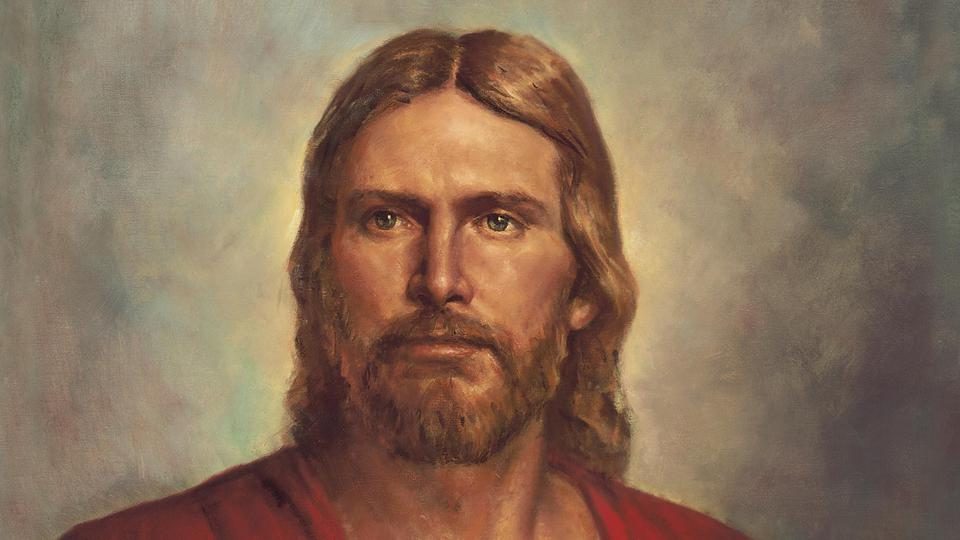Today's Gospel 4 April 2020 with comment

GOSPEL
To reunite the scattered children of God.
+ From the Gospel according to John 11,45: 56-XNUMX
At that time, many of the Jews who had come to Mary, at the sight of what Jesus had accomplished, [that is, the resurrection of Lazarus] believed in him. But some of them went to the Pharisees and told them what Jesus had done. Then the chief priests and the Pharisees gathered the synèdrium and said, "What do we do? This man does many signs. If we let him continue like this, everyone will believe in him, the Romans will come and destroy our temple and our nation ». But one of them, Caiaphas, who was high priest that year, said to them: "You don't understand anything! You do not realize that it is convenient for you that one man die for the people, and the whole nation will not be ruined! ». This he did not say for himself, but, being high priest that year, he prophesied that Jesus was to die for the nation; and not only for the nation, but also to bring together the scattered children of God. From that day on, they decided to kill him. Jesus therefore no longer went public among the Jews, but from there he retired to the region near the desert, in a city called Ephraim, where he remained with the disciples. Jewish Passover was near and many from the region went up to Jerusalem before Easter to purify themselves. They sought Jesus and, standing in the temple, said to each other: «What do you think? Won't he come to the party? '
Word of the Lord.
HOMILY
It is truly strange: the miracle performed by Jesus should have led to believe in him, like the one sent by the Father, instead for his enemies it becomes an incentive for hatred and revenge. Several times Jesus had reproached the Jews for the bad faith of closing their eyes so as not to see. In fact, because of the miracle, the division between them deepens. Many believe. Others inform the Pharisees, his sworn enemies. The Sanhedrin is convened and there is great perplexity. Even the adversaries of Jesus cannot deny the fact of the miracle. But instead of drawing the only logical conclusion, that is, recognizing him as the one sent by the Father, they fear that the diffusion of his teachings will harm the nation, distorting Jesus' intentions. They fear the loss of the temple. Càifa, the high priest, knows how to do it. His suggestion derives from political considerations: the individual must be "sacrificed" for the good of all. It is not a question of ascertaining what the fault of Jesus is. Without knowing it and without wanting it, the high priest, with his evil decision, becomes an instrument of divine revelation. God does not allow one of his children to be lost, even if he appears loser in the face of human opinion: he will rather send his angels to help him. (Silvestrini Fathers)